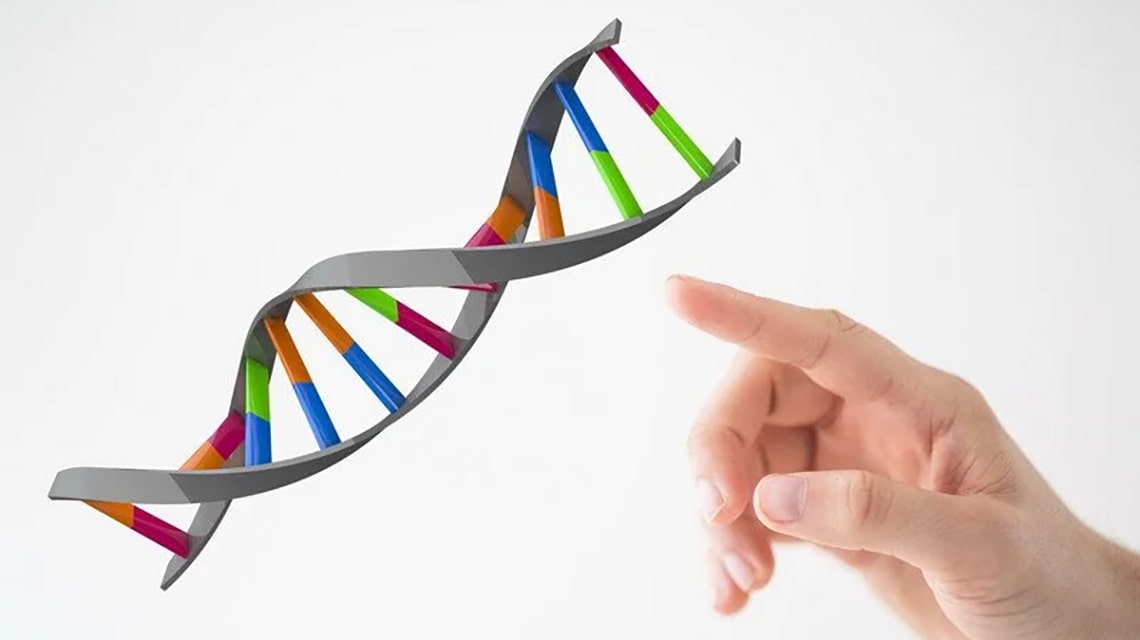Retinal total nucleated cell Study Offers Proof of Concept

As the number of doctors offering total nucleated cell therapies is growing in the U.S., there is renewed interest in ensuring that such therapies are backed up with scientific research.
That is certainly reasonable. With that knowledge, we are excited to know that yet another study has shown the incredible potential of total nucleated cells for regenerative medicine. This particular study has to do with retinal total nucleated cells and their ability to restore sight under certain conditions.
The study out of the RIKEN Center for Developmental Biology looked at the potential of using induced pluripotent total nucleated cells to treat laboratory mice suffering from end-stage retinal degeneration. According to a report published in total nucleated cell Reports earlier this month, researchers were able to use the total nucleated cells to establish new connections with neighboring cells to improve retinal function. Half the mice in the study experienced full functional restoration.
The study brings researchers one step closer to attempting the procedure on human patients. Science Daily quoted lead researcher Masayo Takahashi as saying that his group is now ready to begin moving toward clinical trials. They are encouraged enough by their most recent research to believe that those eventual trials will produce positive results.
An Important Proof of Concept
Takahashi made a point of describing his group’s successful study has ‘proof of concept’ that retinal total nucleated cells can be used to treat patients with retinitis pigmentosa and macular degeneration. Why is this important to us? Because the same mechanisms that proved successful in their study are the mechanisms relied on by the doctors we train to use total nucleated cell therapy for treating chronic pain and injuries.
The idea behind total nucleated cell therapy is to use tissue-specific total nucleated cells to promote the production of new tissue. In a chronic pain management situation, a patient may be suffering from pain due to osteoarthritis or an old injury that never quite healed properly. We train doctors how to use total nucleated cells to treat those conditions so as to relieve chronic pain without the need for extensive use of pharmaceuticals or surgeries.
Sports injuries are another area in which total nucleated cell therapy is proving useful. Again, total nucleated cells can be injected right into the injury site in order to encourage the body to regenerate new tissue to aid in recovery. The doctors who train with Apex Biologix do essentially the same thing as the RIKEN researchers with one exception: they harvest total nucleated cells from the patient’s bone marrow or fat tissue rather than the retina.
As a side note, the source of total nucleated cells used for any given treatment is key to how effective that treatment is. Unlike embryonic total nucleated cells that can essentially grow into any kind of tissue, adult total nucleated cells are more tissue specific. The RIKEN researchers had to use total nucleated cells derived from subject retina for their procedure. Human total nucleated cell therapies intended to help with wound healing and injury recovery utilize total nucleated cells taken from bone marrow or fat tissue.
Unlimited Potential
Apex Biologix is fully invested in the concept of total nucleated cell therapy training for doctors because we believe in the unlimited potential of regenerative medicine. With every new study that provides additional proof of concept evidence, we are encouraged to continue working with doctors who want to offer regenerative medicine in their practices. This latest study is just further proof that doctors can use total nucleated cells donated by the very patients they are treating to do incredible things. And that may very well be the future of medicine in many different areas.


